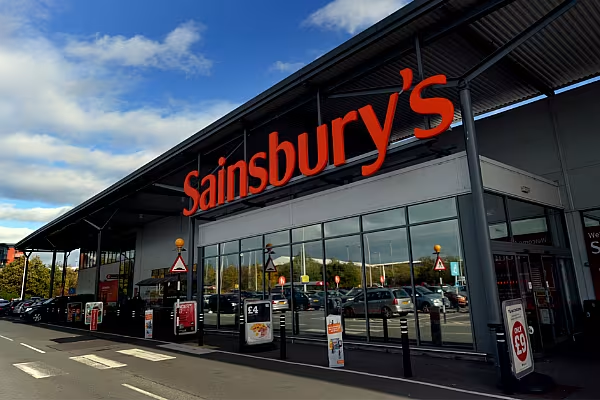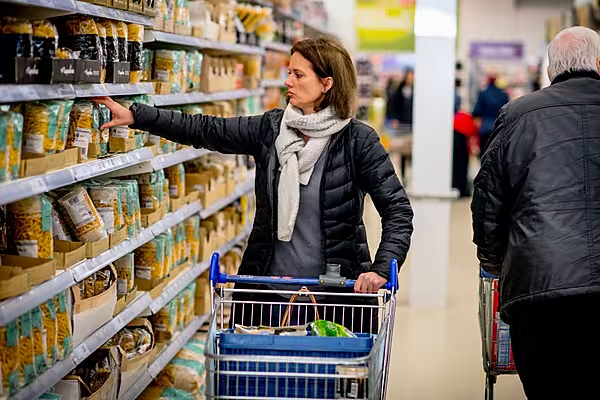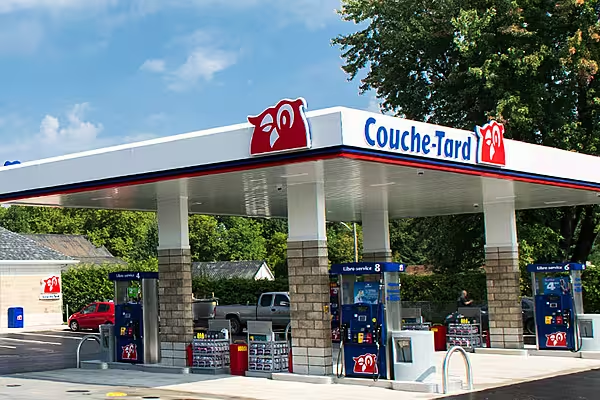Sainsbury's has reported a 5.2% increase in group retail sales in its 2022/23 financial year, with grocery sales rising 3.0% driven by both inflation and improved market share performance.
"The results we have achieved this year are testament to the outstanding contribution across our entire team," commented Simon Roberts, chief executive.
Here's how leading industry analysts viewed its performance.
Russ Mould, AJ Bell
“Sainsbury’s wants more customers to buy its own-label products as theoretically margins could be better than selling third party branded items.
“Supermarkets have been fighting on price for a long time, and the current cost-of-living crisis means it is even more important to offer good value items. However, this focus on value has meant that Sainsbury’s has suffered a decline in profit as it has been trying to undercut rivals in certain product lines, exacerbated by having higher operating costs.
“Whereas big brand owners have been happy to push up their prices, Sainsbury’s has been holding back from hiking its prices to try and get ahead of the competition. That’s bad for earnings but positive for winning market share. The trick is to now keep hold of any customers it has won from rivals.”
Orwa Mohamad, Third Bridge
“UK supermarkets are set to face more challenges before things improve, as food inflation in the country hits a 45-year high. As if that wasn’t enough, a new supply chain crisis has emerged, causing fruit and vegetable shortages that make up a whopping 10% of supermarket sales.
"Our experts expect food inflation to start coming down in H2 of 2023 as we lap comparables from last year due to initial lag in price increases. Supermarkets will be looking to pressure suppliers for price reductions in order to reduce prices for consumers.”
“Sainsbury’s strong position in and customer loyalty in the southeast really helps them in these difficult times. However, further price investment, through Nectar Prices, is needed to fend off discounter threats and keep competitive with Tesco. Nectar Prices seeks to replicate Tesco’s Clubcard, and it’s never a bad thing in any business to plagiarise what your biggest rival is doing well. It will allow Sainsbury’s to improve price perception while increasing operating margins as not all customers will use a Nectar card.”
“Thanks to the return of workers to city centres, Sainsbury’s has a significant opportunity in the convenience sector this summer. Margins are set to improve as inflation comes down, particularly with much of the work done on reducing overheads and increasing productivity during the last year.”
“Investors are closely monitoring any potential interest from private equity firms in Sainsbury’s.”
Clive Black, Shore Capital
"As with many retailers, the pandemic has masked perspective. In Sainsbury's case though, we see significant operational and financial progress manifested in the resilience, improved competitiveness, and robust share performance of its Food business, profit recovery in General Merchandise, a much more efficient and fit-for-purpose firm, and a positive transformation of its balance sheet that provides for better shareholder options.
"Sainsbury is more agile, flexible, and has momentum that we believe can well reward shareholders in the medium-term, noting the tough current inflationary environment. Indeed, we believe that visibility and confidence are improving, which provides a firmer basis to expect RFCF to grow, so permitting not just investment to maintain and improve the business, but scope to grow earnings, dividends, and returns too.
"Sainsbury is in much better shape, and its investment thesis, to us, is becoming better and better fuelled by a well-thought-through strategy that is being executed effectively and at pace."
© 2023 European Supermarket Magazine – your source for the latest retail news. Article by Stephen Wynne-Jones. Click subscribe to sign up to ESM: European Supermarket Magazine.














